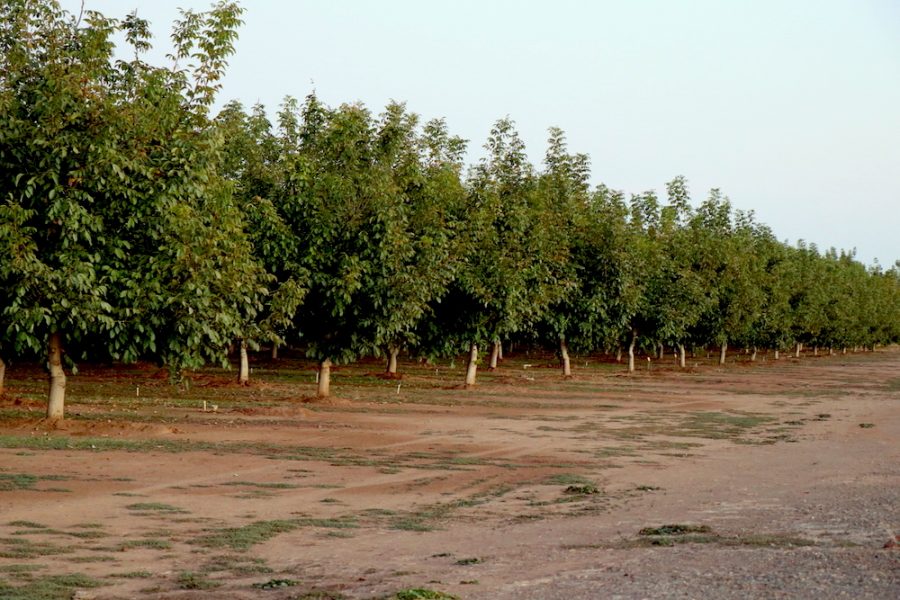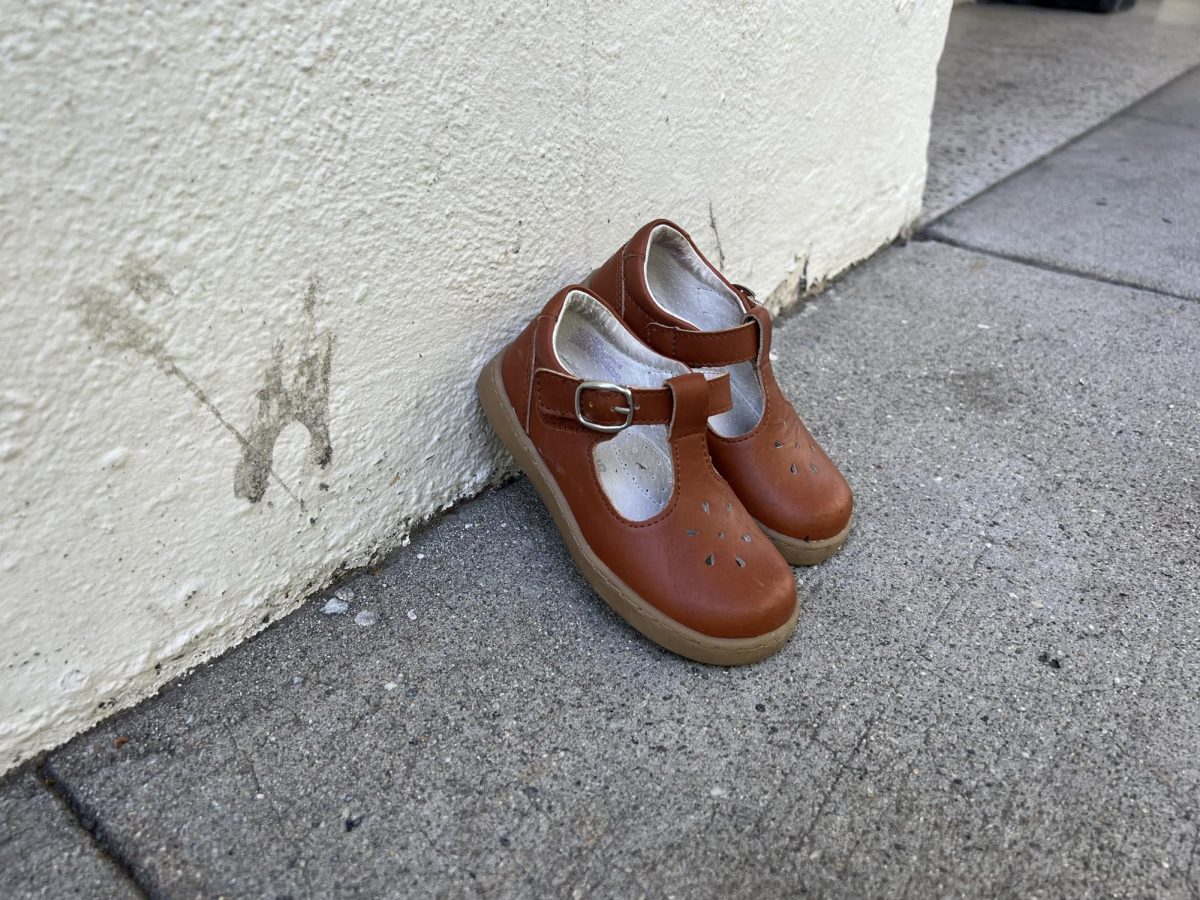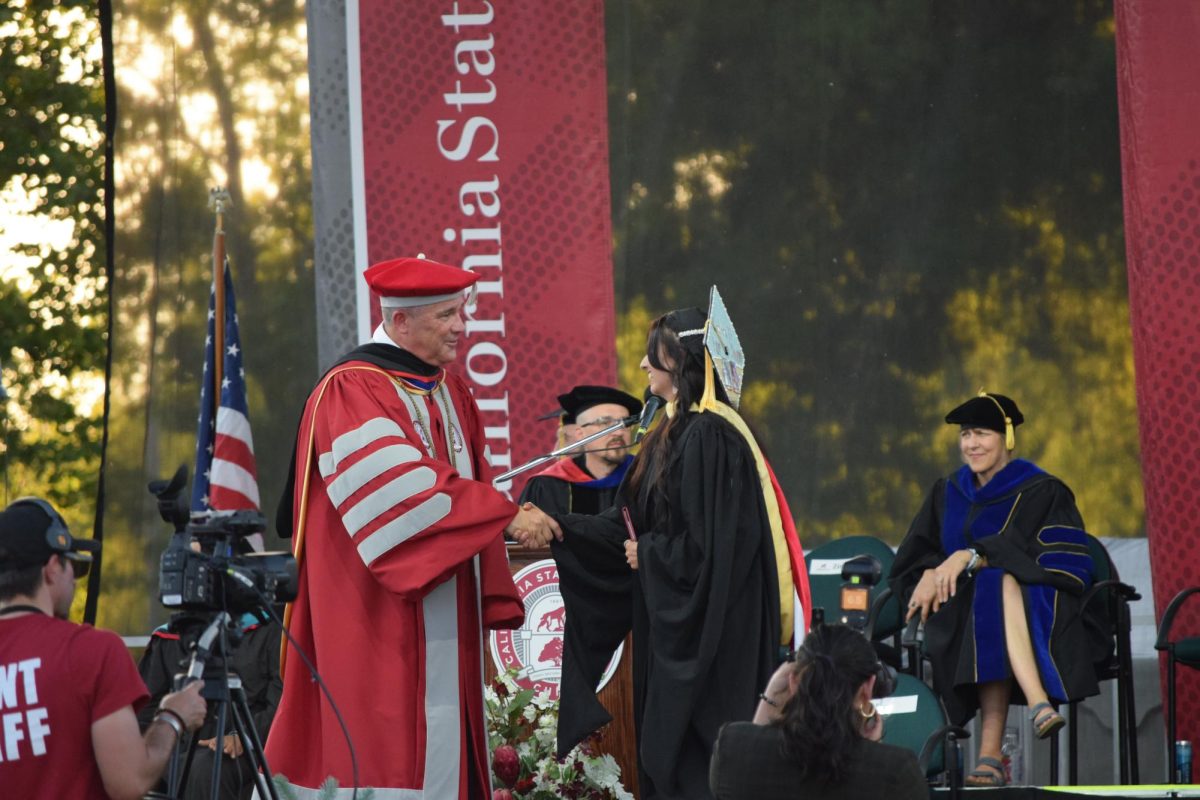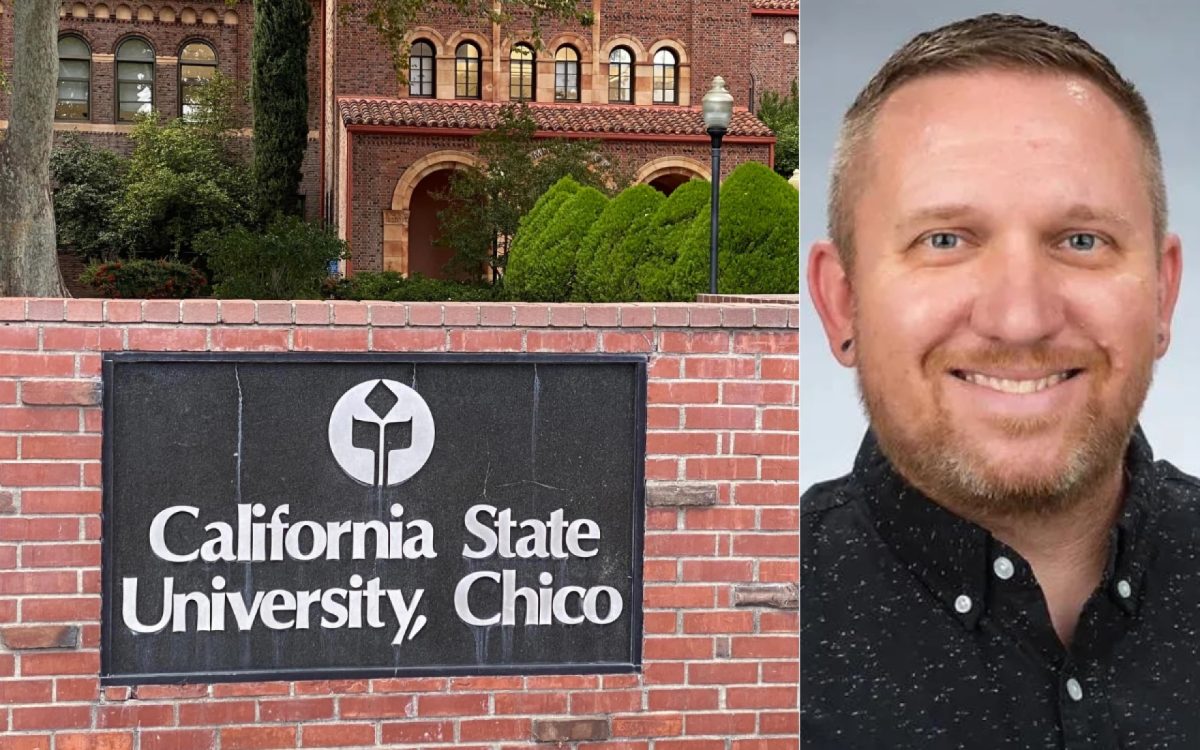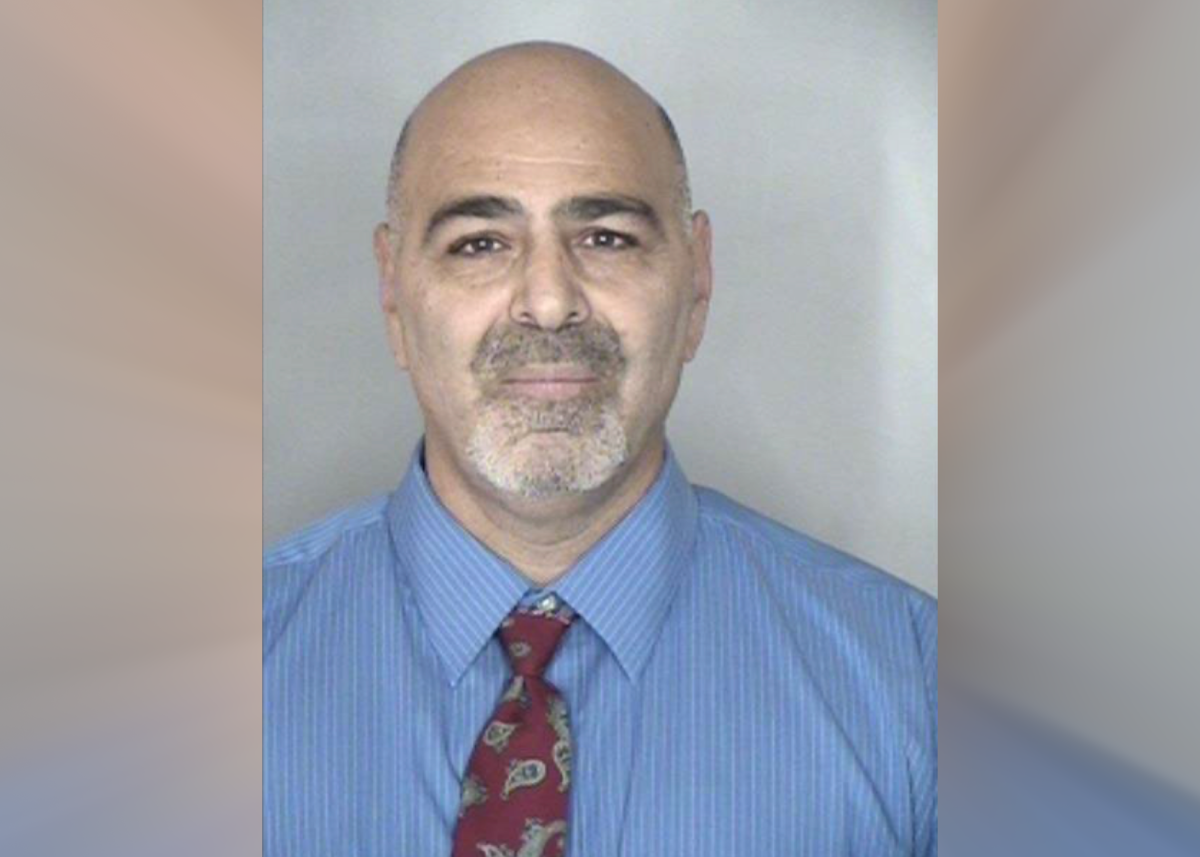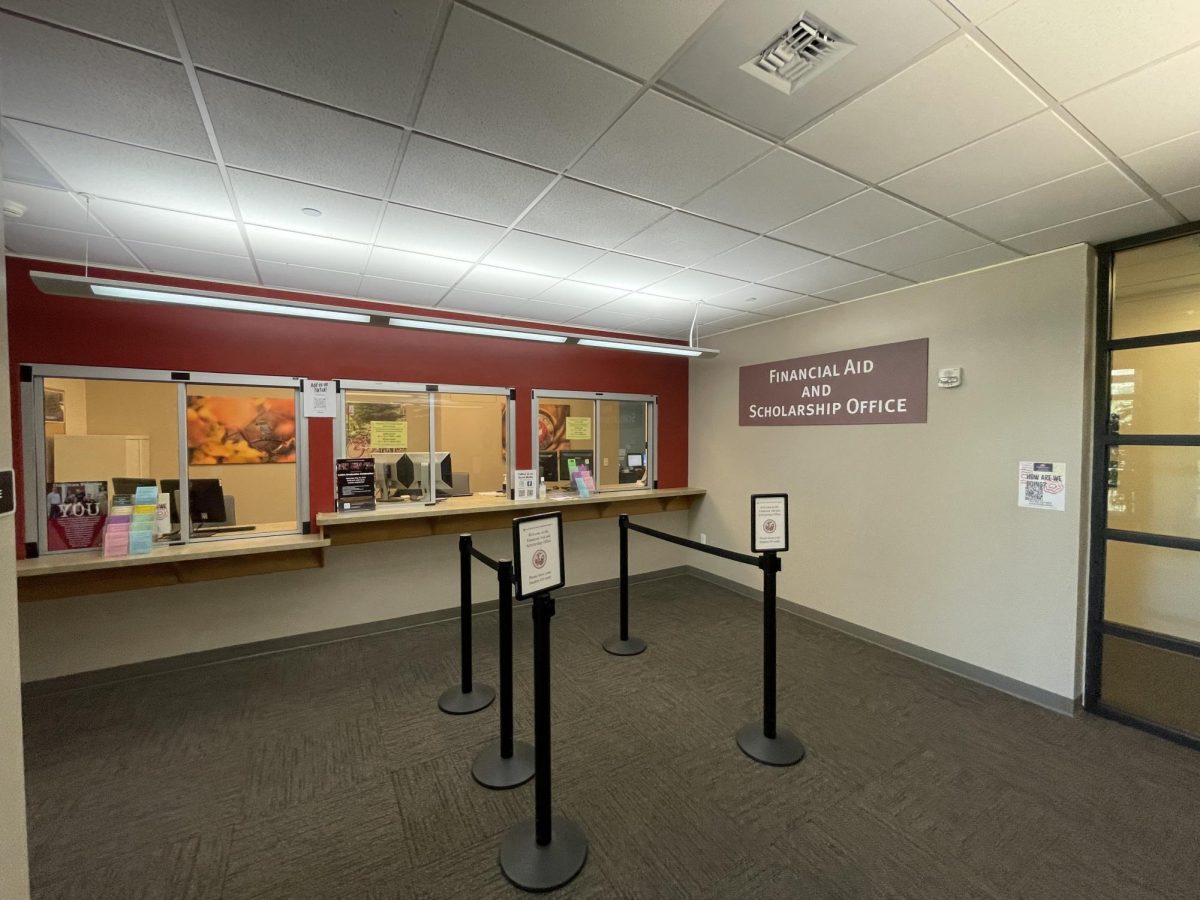Chico State departments and students have teamed up with Chico residents to begin regrowing crops and participate in the regenerative process, following the Camp Fire.
After being named after Camp Creek Road, the Camp Fire was deemed the deadliest fire in history. Due to its speed and size, the fire destroyed various areas of farmland and forests.
Fires leave hazardous chemicals and waste in the soil and the roots, which cause harm to future planting. Northern Arizona University explained in an article, “Fire Effects on Soil,” how damaging fires can be on soil for plants.
Intense burns may have detrimental effects on soils physical properties by consuming soil organic matter, which holds sand, silt and clay particles into aggregates, a loss of soil organic matter results in a loss of soil structure. By altering soil structure, severe fires can increase soil bulk density and reduce soil porosity.
Fires can also have indirect effects on plants. Plant uptake of nutrients and water is slowed in structurally degraded soils due to lower soil moisture and lower soil porosity. Root growth can also be impeded by increased bulk density and soil strength.
The burned areas around Chico, which depend on farmland for agriculture, are affected by this degradation of soil for crops, making the need for regenerative processes clear.
The Director of External Relations for the College of Agriculture at Chico State, Sarah DeForest, explained what events have been taking place to repair the land and crops in the bay area.
“The Center for Rengenerative Agriculture and Resilient Systems promoted and co-sponsored two webinars with Point Blue Conservation Science on post-fire recovery processes for watersheds and agricultural land owners.” DeForest said.
“Animal science professor Kasey DeAtley co-hosted a Camp Fire Water Resources Monitoring and Research Symposium at the University Farm on June 4 with UC Cooperative Extension livestock and natural resources advisor Tracy Schohr,” Deforest said. “The symposium brought together researchers who have been investigating the impacts of the Camp Fire and other urban fires in Northern California. Speakers covered a diversity research conducted on waterways gardens, working landscapes and the urban environment.”
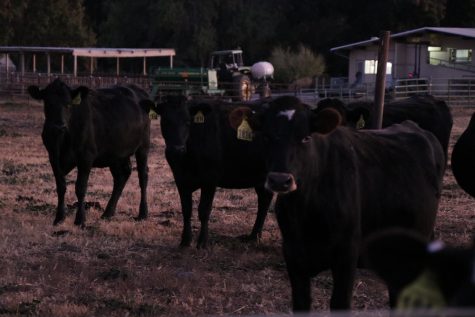
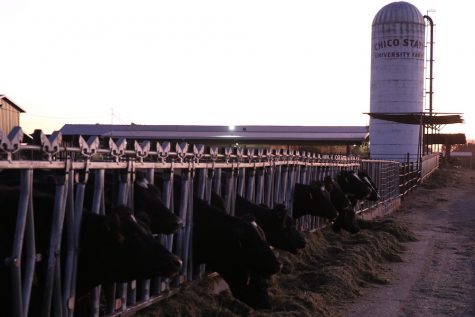
In addition, the Center for Regenerative Agriculture sponsored the North State Food and Farming Convening: Creating a Regional Food Systems Resilience to Disaster, on Oct. 24 at University Farm.
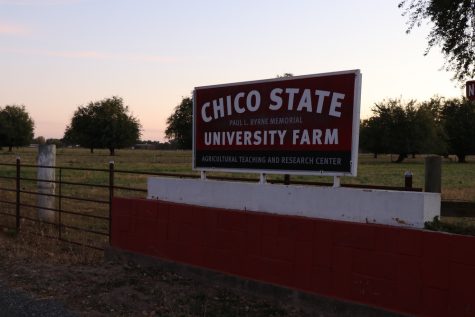
The event included a panel on lessons learned from the North State regions response to the Camp Fire, break out discussions, time for networking and sharing and a free locally sourced lunch.
At the event, guest speakers Matthew Martin of Pyramid Farm, Donna Yutzy off the Upper Ridge Community Council, and Ariel Young of Chico Certified Farmers Market provided input on how the community can bring customers back out of their houses to trust the local food sources and crops.
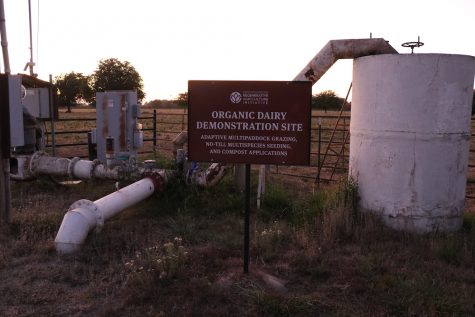
“First and foremost we need to get organized at the local level,” Yutsy said, on how URCC gathers the community in order to start the processes of restoring life back after the Camp Fire.“Out of this food bank, a core group of 20 volunteers created the Upper Ridge Community Council to provide a voice and to make sure we aren’t ignored again. URCC helps connect communities and bring them together to know where the connections are and to put information out.”
Young said she understands how, after what the damages of the Camp Fire did to crops and agriculture, local food is said not to be trusted anymore. She hopes to provide incentives for purchasing food to local residents.
“The Chico Certified Farmers Market are in the works of providing gift certificates for the farmers market and to bring back customers to demonstrate that we are still here and we are providing fresh local food after what happened,” Young said.
On Dec. 3, the Soil Health Academy will present Regenerative Farming and Ranching, featuring Allen Williams, Gabe Brown, and Ray Archuleta. This will allow students to participate in hands-on regenerative farming and ranching, soil health, plant health and animal health. Participants will work in teams to solve real-world grazing problems and sharpen their skills. Students are encouraged to attend.
Angelina Mendez can be contacted at [email protected] or on Twitter at @theorion_angie.








